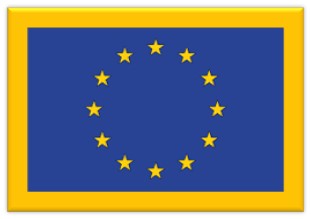Delivering tangible emission savings year after year since its entry into force – the highest of all non-CO2 greenhouse gas emissions – the EU F-Gas Regulation is an effective gold standard for regulating F-Gases, positioning the EU as a global leader. The ongoing review must therefore be used to fine-tune the regime building on existing requirements in an intelligent, forward looking way, without falling in the trap of dogmatic decisions.
F-Gases are mainly used in heating and cooling which is of utmost importance for the EU to fulfil its Green Deal contract with future generations. Heating and cooling represent half of the total final energy consumption in Europe, and most of the EU’s greenhouse gas emissions are stemming from energy. Therefore, the sector must decarbonise rapidly – particularly heating which is still largely based on fossil fuels. Electrical heat pumps will drive the decarbonisation of heating, providing demand side flexibility, thermal storage and reducing energy demand, all of which will facilitate the transition to renewable energies. To make it happen and further speed up the process, F-Gases are needed to accommodate for all types of applications, safety and energy efficiency requirements.
EPEE therefore re-iterates its strong support for the HFC phase-down as the Regulation’s strongest and most successful instrument, achieving highest total greenhouse gas emissions. It provides the flexibility and predictability needed for industry to deliver the most energy efficient, safe and affordable solutions to achieve carbon neutrality by 2050. In addition, EPEE strongly recommends to strengthen key provisions such as the introduction of electronic logbooks, the extension of recovery, recycling and reclamation (RRR) as well as certification requirements to all types of refrigerants, and further improvements in implementation and enforcement.

